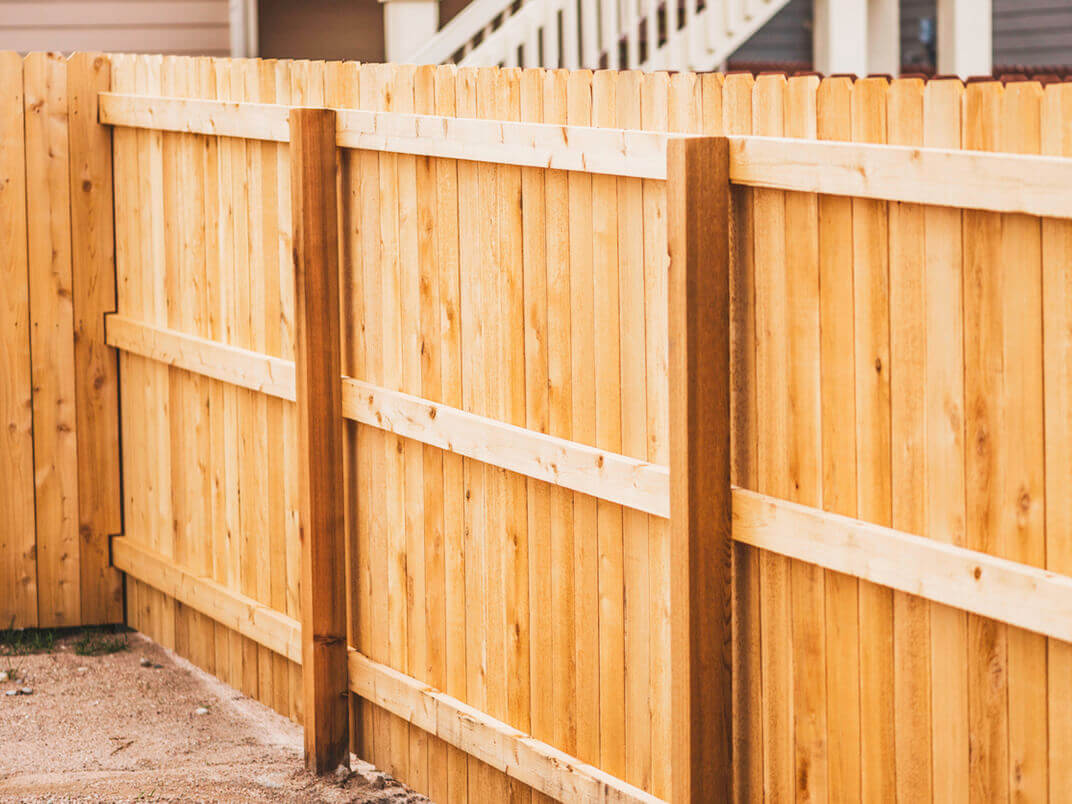Featured

When it concerns picking the ideal fencing product for resilience, wrought iron stands apart as one of one of the most durable and trustworthy options readily available. Recognized for its stamina, visual allure, and ability to endure different climate condition, functioned iron is a prominent option for both property and industrial residential properties. However just how does it contrast to other fence products in terms of longevity and performance? Let's take a closer look at wrought iron fencing and exactly how it compares to choices like vinyl, timber, and light weight aluminum.
Strength and Durability of Wrought Iron Fence. Wrought iron is a strong, heavy-duty product that's designed to last for years, if not longer. Unlike several various other fencing choices, wrought iron can withstand extreme environmental problems, including severe warmth, hefty rainfall, and also solid winds. This makes it an outstanding selection for buildings located in areas with uncertain weather condition. Due to the fact that it is a metal, wrought iron is not susceptible to the deterioration that wood fences typically experience, such as decomposing, bending, or insect invasions.
Toughness: Wrought iron fencings are incredibly hard and can withstand effects and various other forms of physical stress and anxiety that could harm other materials. When properly maintained, they can last for half a century or more, making them an investment that will supply long-lasting worth.
Wrought Iron vs. Wood Fencing. Wooden fencings, while traditional and cosmetically pleasing, generally need even more upkeep and have a much shorter life expectancy compared to functioned iron. Wood is vulnerable to rot, termites, and weathering with time, every one of which can compromise its architectural honesty. On top of that, timber fences may require to be replaced or repaired every 10 to two decades, depending upon the climate and the sort of wood used.
Upkeep: While timber fences require to be regularly treated with discolorations, paints, or sealants to preserve their look and long life, wrought iron fencings normally call for a lot less upkeep. They might require periodic cleaning or repainting to prevent corrosion, particularly in coastal or moist locations, however they won't struggle with the exact same sorts of deterioration as wood.
Long life: While a well-maintained wood fencing may last 20 to 30 years, wrought iron can go beyond that life-span by a number of years, making it a much more sturdy selection in the future.
Wrought Iron vs. Vinyl Fencing. Plastic fence has become a popular alternative to wood as a result of its low upkeep and resistance to the aspects. Unlike timber, vinyl does not rot or warp, and it does not require to be painted or dealt with. Vinyl can become fragile over time, especially in regions with severe winter seasons or extreme UV exposure. It may crack or damage under pressure, such as from a serious storm or a hefty influence.
Longevity: While vinyl is immune and fairly long lasting to rot and fading, it still can not match the lasting strength and toughness of wrought iron. A vinyl fence could last around 20 to thirty years, depending upon ecological aspects, however it lacks the structural integrity that functioned iron offers.
Upkeep: Plastic requires marginal maintenance contrasted to timber, but it can still discolor with time, particularly in areas with intense sun direct exposure. Wrought iron may require periodic rust prevention treatments however normally calls for fewer treatments than plastic.
Wrought Iron vs. Light Weight Aluminum Secure Fencing. Light weight aluminum is one more metal choice to functioned iron, and while it shares several of the durability attributes of wrought iron, it is normally less solid and strong. Light weight aluminum is more immune and light-weight to corrosion and deterioration, making it a preferred option for low-maintenance fence. Nonetheless, it's not as strong as functioned iron and may be more susceptible to nicking or flexing under stress.

Sturdiness: Wrought iron is significantly stronger and more long lasting than aluminum. While aluminum fencings can last for numerous decades, they might not stand up as well in high-impact or high-traffic locations. In contrast, functioned iron is a lot more immune to physical damage and can better stand up to stress and force.
Upkeep: Both wrought iron and light weight aluminum fencings call for some maintenance, mostly to stop rust. Nevertheless, aluminum is less likely to rust than functioned iron, making it a much more low-maintenance alternative in areas with high moisture or seaside salt direct exposure.
Last Ideas: Wrought Iron's Resilience Benefit. Wrought iron attracts attention as one of the most sturdy secure fencing products offered, outperforming timber, vinyl, and light weight aluminum in regards to toughness, long life, and overall efficiency. While it does need occasional maintenance, particularly to protect against rust, its ability to endure extreme weather, physical stress, and the test of time makes it an excellent financial investment for property owners and companies trying to find a resilient, secure fencing remedy.
For those that focus on strength and durability most of all else, wrought iron is an unsurpassable choice. Whether you're safeguarding a home, improving the appearance of your yard, or supplying safety for a commercial site, wrought iron fencing will certainly provide years of durability and aesthetic allure that couple of various other materials can match.
Latest Posts
Secure Your Home and Enhance Your Curb Appeal Today
Published Feb 24, 25
1 min read
Affordable and Durable Fencing Solutions Tailored to You
Published Feb 24, 25
1 min read
Explore Durable and Stylish Fencing Options for Every Property
Published Feb 24, 25
1 min read